The Role of Mobile Commerce in Today’s E-Commerce Market
The way people shop has transformed drastically in the past decade, and mobile commerce—commonly called m-commerce—is at the heart of this evolution. With smartphones becoming an essential part of daily life, mobile commerce is no longer just a trend but a driving force in today’s e-commerce market.
1. What Is Mobile Commerce?
Mobile commerce refers to buying and selling goods or services through mobile devices like smartphones and tablets. From browsing online stores to making secure payments, everything happens in the palm of your hand.
2. Why Mobile Commerce Matters Today
- Massive User Base: Billions of people worldwide use smartphones, making mobile shopping more accessible than ever.
- Convenience: Shoppers can compare products, read reviews, and purchase instantly without needing a computer.
- 24/7 Accessibility: Mobile apps and websites give users the freedom to shop anytime, anywhere.
3. Mobile Commerce vs. Traditional E-Commerce
- Traditional E-Commerce: Often done via desktop, focusing on large-screen browsing.
- Mobile Commerce: Optimized for quick, on-the-go interactions with features like one-click checkout and digital wallets.
4. Key Drivers of Mobile Commerce Growth
- Mobile Apps & Optimized Sites – Businesses invest in apps and responsive websites for seamless shopping.
- Digital Wallets – Apple Pay, Google Pay, and similar tools make payments fast and secure.
- Social Media Integration – Platforms like Instagram and TikTok enable in-app shopping experiences.
- Personalization – Mobile platforms deliver tailored product suggestions using AI and user data.
5. Challenges in Mobile Commerce
- Security Concerns: Data protection and safe transactions remain top priorities.
- User Experience Issues: Poorly optimized apps or sites can push customers away.
- Competition: With so many options available, businesses must stand out with strong branding and service.
6. Future of Mobile Commerce
The future of e-commerce will be dominated by mobile-first strategies. Expect further innovations like AR try-ons, voice commerce, and AI-driven personalization. Businesses that fail to adapt risk being left behind.
Final Thoughts
Mobile commerce is not just shaping the e-commerce market—it is the market. From convenience and personalization to innovative payment systems, mobile shopping is the future of digital retail. For businesses, embracing mobile commerce is no longer optional; it’s a necessity to stay competitive.
Another article:






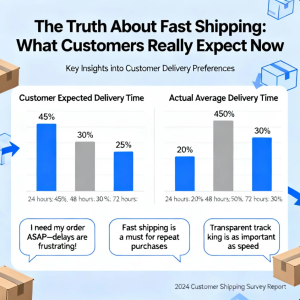
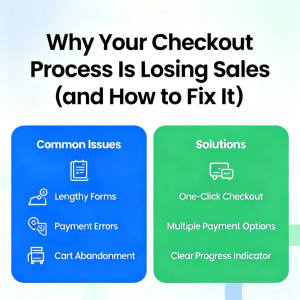

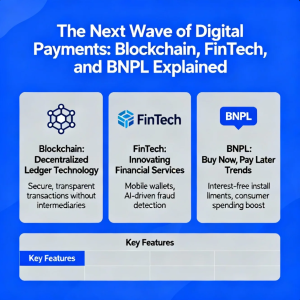


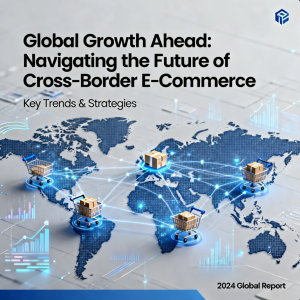
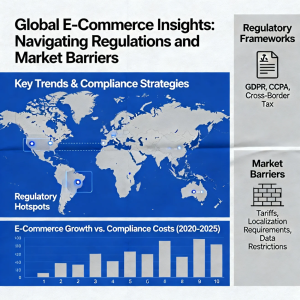
Post Comment